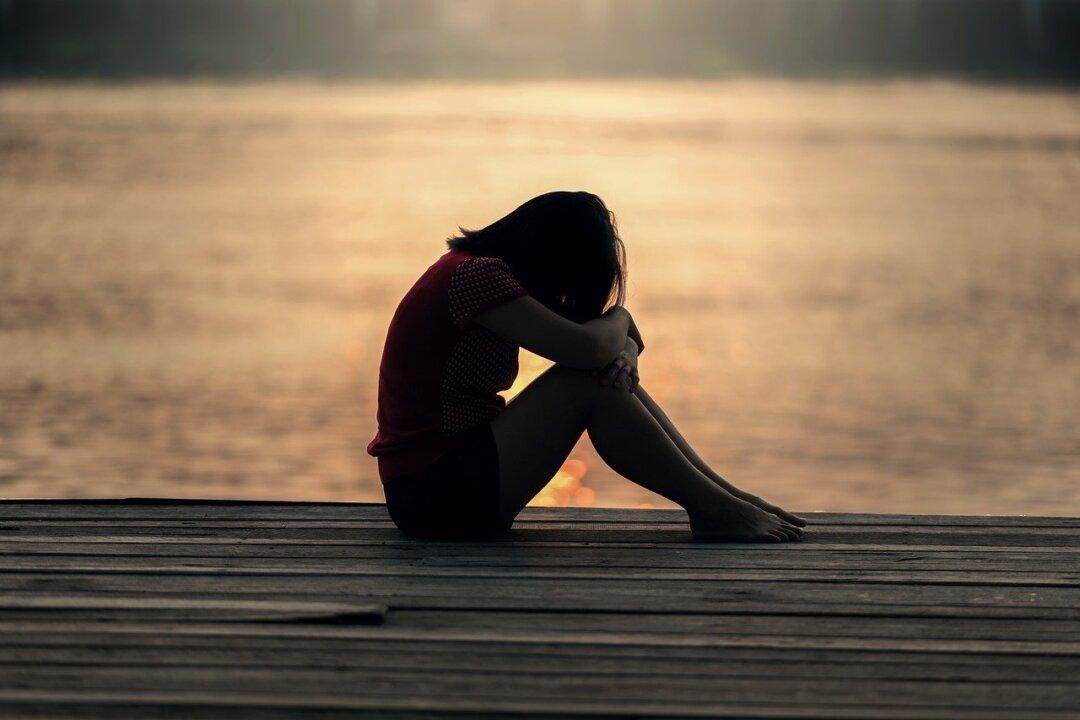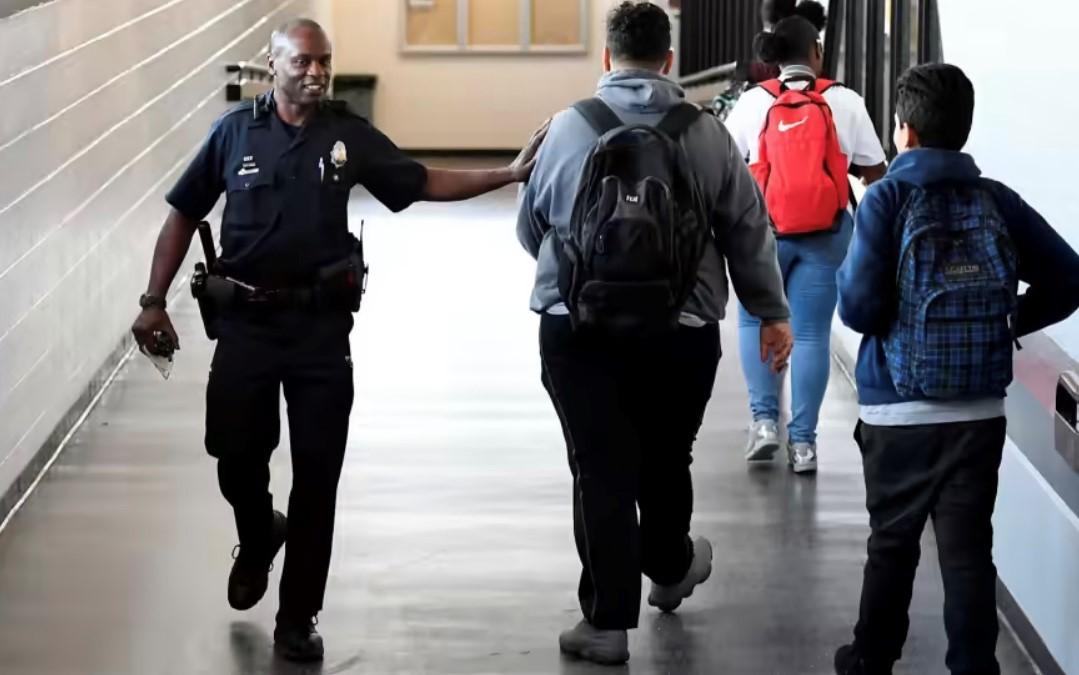A CDC data report released on Feb. 13 shows that teenage girls are experiencing record levels of violence, sadness, and suicide risk.
The 98-page report shows key findings from 2011 to 2021. During that time, some things improved in the areas of adolescent health and well-being, but most areas included in the report got worse.




